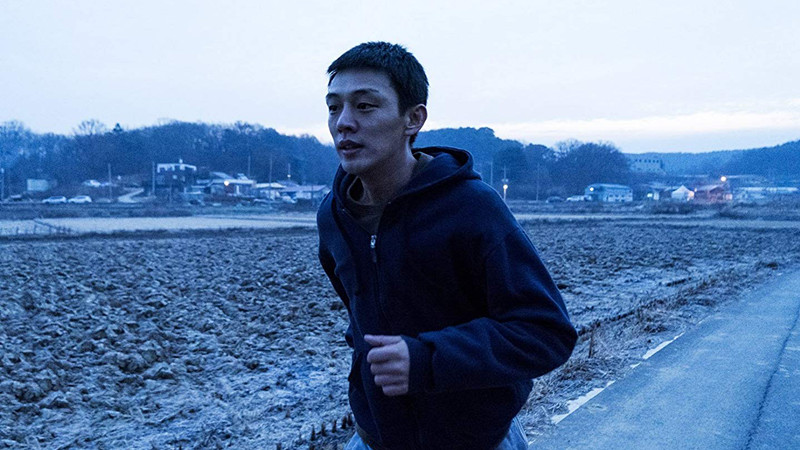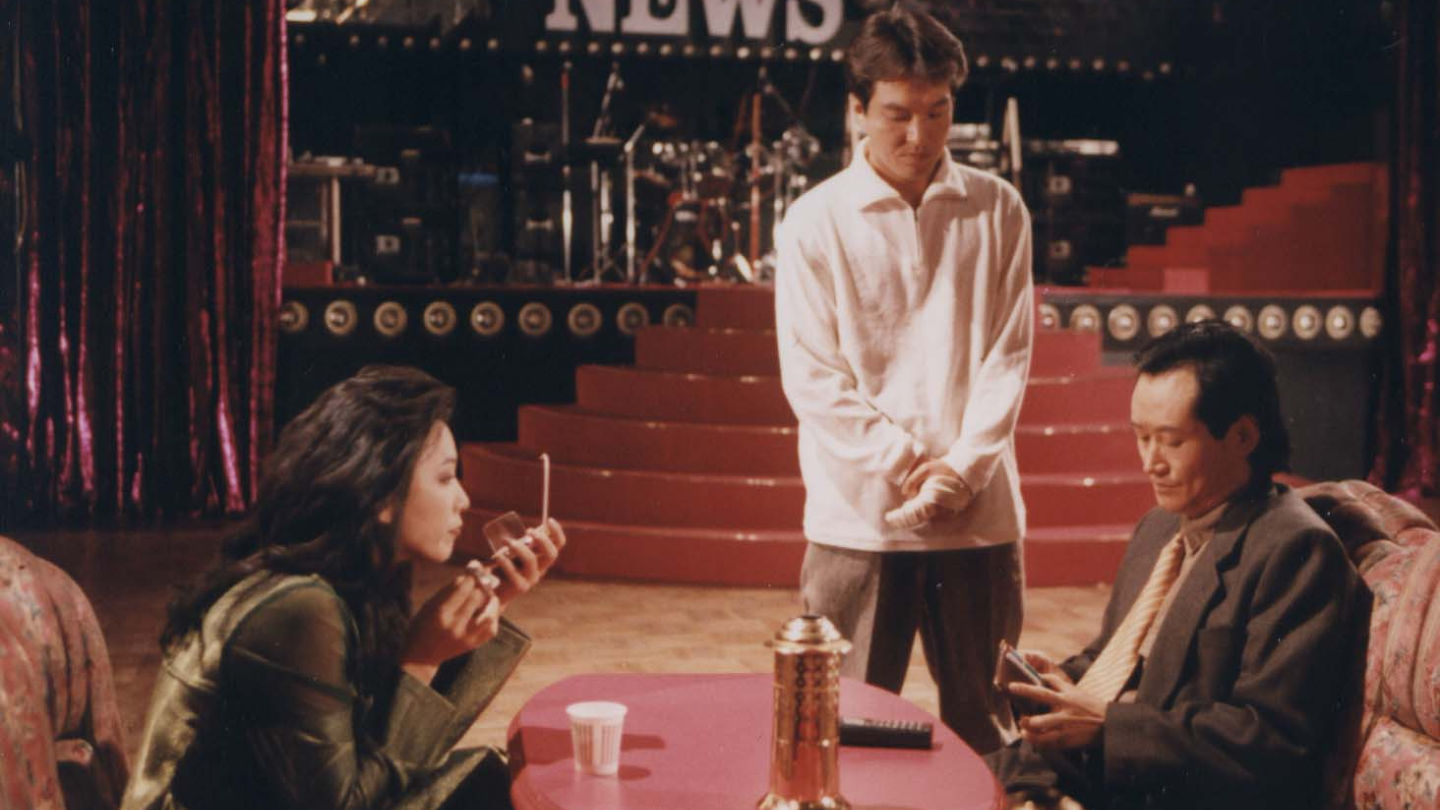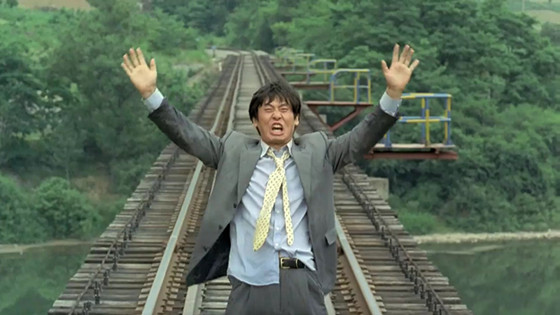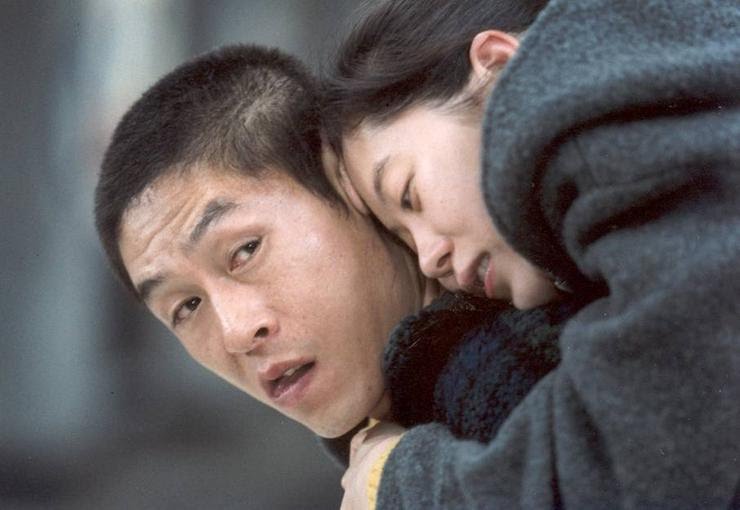
When it comes to South Korean cinema, chances are you’ve heard the names of Bong Joon-ho and Park Chan-wook ad infinitum. If you are looking for essential Korean recommendations, you will probably stumble upon lists with the same hyper-violent thrillers, from Memories of Murder to Oldboy. Not that there’s anything wrong with that, as they are amazing directors and films in their own right. But unfortunately, movies like the existentialist dramas of Lee Chang-dong are often swept under the rug as a result.
Easily one of the most unique voices working in cinema today, Lee is a filmmaker obsessed with making sense of the chaotic world around him and testing the limits of the human spirit. From morally ambiguous characters to narratives full of despair and trauma, Lee’s films are uncompromising in their depiction of life, capturing it with all its faults and flaws. His stories are often shrouded in mystery and are consistently more interested in showing rather than telling, always raising more questions than answers. In a sense, it’s those empty spots that are left to the audience to fill and interpret that makes his movies so stimulating to watch.
His unconventional style can be traced back to his rather unique career trajectory. Lee graduated in Literature before becoming a successful novelist, where he showed the same razor-sharp sociopolitical commentary that is present in most of his films. He first tried his luck in the movie industry taking gigs as a script writer and assistant director, before serving as South Korea’s minister of Culture and Tourism. Ever since he debuted as a director in 1997, he has gone on to make just six features. But what he lacks as a prolific director he makes up for in consistency, with each one of his films being a heartfelt examination of empathy, rage and repressed grief. In his own words, his main focus has always been “human beings”, tapping into his novelist background to craft powerful stories that serve as indictments on a country and society in turmoil.
From aimless youths and victimized women to religious dogmas and South Korea’s oppressive past, nothing is off the table for Lee Chang-dong. Whether you’re looking to get started or you’ve already binged his work, up next is an in-depth retrospective on all six of his films, ranked from good to best.
6. Green Fish (1997)

Even though Lee Chang-dong hadn’t found his footing just yet, his debut still offers us a sneak peek at some of his signature themes and tropes. From compulsive characters and dysfunctional relationships to the generational ridge between past and present, Green Fish is a sufficiently layered and engaging story of its own.
In a way, this movie is a humanist drama disguised as a gritty gangster flick. It puts us in the shoes of a troubled young man, Makdong, who was recently discharged from army service and is struggling to reintegrate himself in society. Upon his return to his hometown, he finds a landscape unrecognizable to the one he left years ago. It is a dark, grim world full of uncertainty and danger, one where greed and money far overweight ideals.
As Makdong desperately looks for a new job and purpose, he falls in with the local gangsters that run the town. The most interesting angle of the movie is how Lee shifts the focus away from the pulpy crime plot to Makdong’s inner emotional turmoil. Although he briefly finds solace in his new surrogate family, Makdong starts neglecting his real one in return. Through his downfall, Lee reflects on urban malaise in a country that is in the middle of redefining itself, where progress and traditions are at a crossroads. It is not as refined and well-executed as the films that followed, but it’s still a solid steppingstone to a brilliant career.
5. Peppermint Candy (1999)

Peppermint Candy opens with our lead character who, as we soon learn, is on the verge of killing himself by walking onto railway tracks. A split second before he does so, we journey back into his past, reliving several key moments of his life shown in reverse chronology. This bold structure is not a simple gimmick by Lee but rather, a deliberate choice to weave through the story of a broken man and by extension, South Korea’s contemporary history.
By reverting time, Lee forces us to make a quick judgement of character, where it’s too easy to dismiss our unlikable protagonist as an irredeemable individual. But in reality, we don’t get the full picture until the very end, where with every flashback we reassess the external forces that pushed him to become the desperate man we first met at the railway tracks.
The chapters seem tangential at first, but eventually they all prove to be defining moments of his character, and also conveniently align with some of the most relevant events in Korean recent memory, from the economic boom of the 80’s and the Gwangju student massacre to the recession at the turn of the millennium.
At the end of this bleak psychological exploration, we are not supposed to condone his toxic masculinity, self-sabotaging tendencies or any of his unforgivable sins. But as is the case with many of Lee’s characters, no matter how despicable they turn out to be, there is always a thread of relatability or at the very least, tragic sympathy towards them. And that’s where Peppermint Candy triumphs, by exploring the correlation between ourselves and our surroundings, acknowledging the fragility of our egos and showing how easily rage and blind fanaticism is fostered by an oppressive environment.
4. Oasis (2002)

Oasis is a movie that shouldn’t work, at least on paper. When it comes to improbable romances, this one takes the cake as the most transgressive of all. It is brutally uncomfortable to watch (even for Lee’s standards), but ironically, it is also his purest and most tender film to date.
Following the blueprint set early on in his career, Oasis focuses on two disabled characters by never shying away from their hardship as outcasts living on the fringes of society. The story opens up with a mentally challenged young man who’s just been released from prison for a hit-and-run accident. As soon as he gets out, he decides to reconcile with the family of the man he killed drunk driving by paying them a visit. There he finds their sister, a wheelchair bound woman with cerebral palsy. As it turns out, her caregivers barely pay her attention, locking her up in a little apartment while they cash in on her disability grants.
This begins a tale of forbidden love between the pair of misfits, where they start secretly meeting, finding solace in each other’s company. Their relationship stems from the need for love and affection they both have been neglected by their blood relatives, one deemed as a good-for-nothing criminal and the other, an unavoidable burden. Their respective disabilities are their strongest bond but also the biggest obstacle in fulfilling their relationship. As a result, the couple often daydreams about being “normal”, and the movie intertwines intimate moments between them with some gut-wrenching fantasy segments where the woman pictures herself as fully capable of physically displaying her love.
Oasis is a film begging for self-reflection, as far as how we as individuals treat each other. It challenges us to reconsider our social conventions, biases and ableism, and one that ultimately, encourages us to be more forgiving and kindhearted.